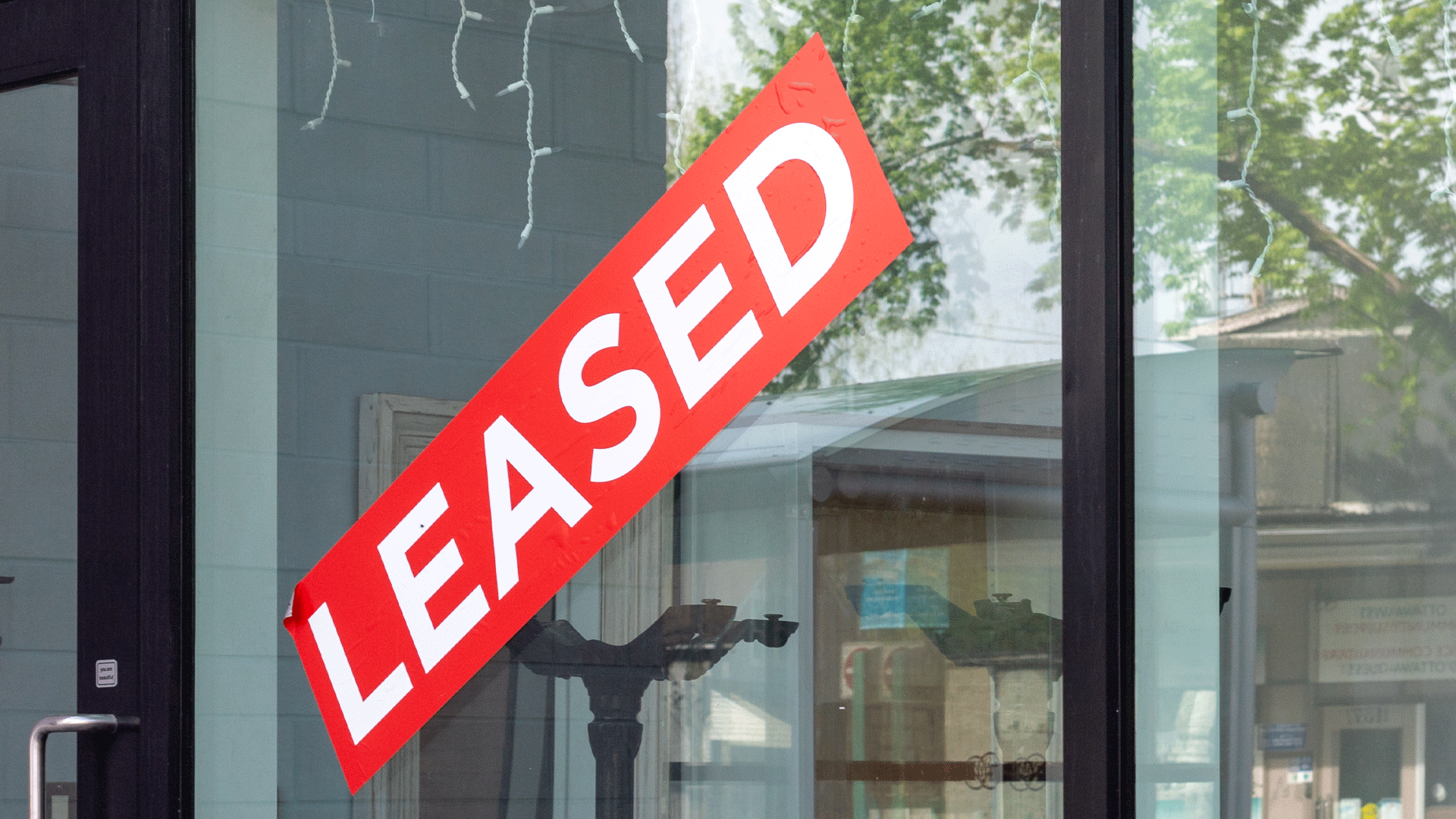If you’re investing in buy-to-let mortgage in Beverley, you might be wondering whether it makes sense to hold your properties under a limited company rather than in your personal name.
In recent years, more landlords have been exploring this route, particularly due to changes in tax regulations. But is it the right move for you?
What Does Buying Through a Limited Company Mean?
Instead of purchasing a buy-to-let property as an individual, you can buy it through a limited company, often set up as a Special Purpose Vehicle (SPV). This type of company is specifically created to hold and manage buy-to-let properties.
A key reason landlords consider this option is the way profits are taxed. When you own a property personally, rental income is subject to income tax, which can be significant if you’re in a higher tax bracket.
The limited company, on the other hand, pays corporation tax, which is often lower than the higher rate of income tax. This can make a substantial difference to the profitability of your investment.
Are you planning to Buy a Buy-to-Let as an SPV?
If you’re purchasing a new buy-to-let property, setting up an SPV could be worth considering. Lenders typically prefer lending to SPVs rather than trading companies because they are specifically used for property investment. This can sometimes make it easier to secure a buy to let mortgage in Beverley.
That said, mortgage rates for limited companies are often slightly higher than those for individual landlords. The application process can also be more complex, and not all lenders offer limited company buy-to-let mortgages. Working with experienced mortgage advisors can help you find the best options available.
What Are the Benefits and Drawbacks?
Holding property within a limited company comes with both advantages and potential downsides.
One of the main benefits is tax efficiency. Limited companies can deduct mortgage interest as an expense, which individual landlords can no longer do in full. There’s also the option to retain profits within the company, which can be useful for reinvesting in further properties.
On the other hand, there are additional costs to consider. Running a limited company involves administrative expenses, including accountancy fees and reporting requirements. There may also be higher mortgage interest rates, and withdrawing money from the company as dividends could result in extra tax liabilities.
Should You Transfer a Property You Already Own to an SPV?
If you already own buy-to-let properties in your personal name, transferring them into a limited company isn’t as straightforward as it might seem. This isn’t a simple switch, legally, it counts as selling the property to the company, which means you could face capital gains tax on any increase in value.
Additionally, your company would need to repurchase the property, potentially triggering stamp duty and legal costs.
Before making a decision, it’s worth considering whether the tax benefits outweigh the costs of transferring ownership. Some landlords find that keeping existing properties in their name while purchasing new ones through an SPV provides a balanced approach.
Finding the Right Mortgage Option
Whether you’re buying a buy-to-let property through a limited company or as an individual, finding the right mortgage is key. If you’re looking for buy to let mortgages in Beverley, speaking to knowledgeable mortgage advisors can help you navigate the process and explore the best deals available.
Date Last Edited: February 25, 2025














